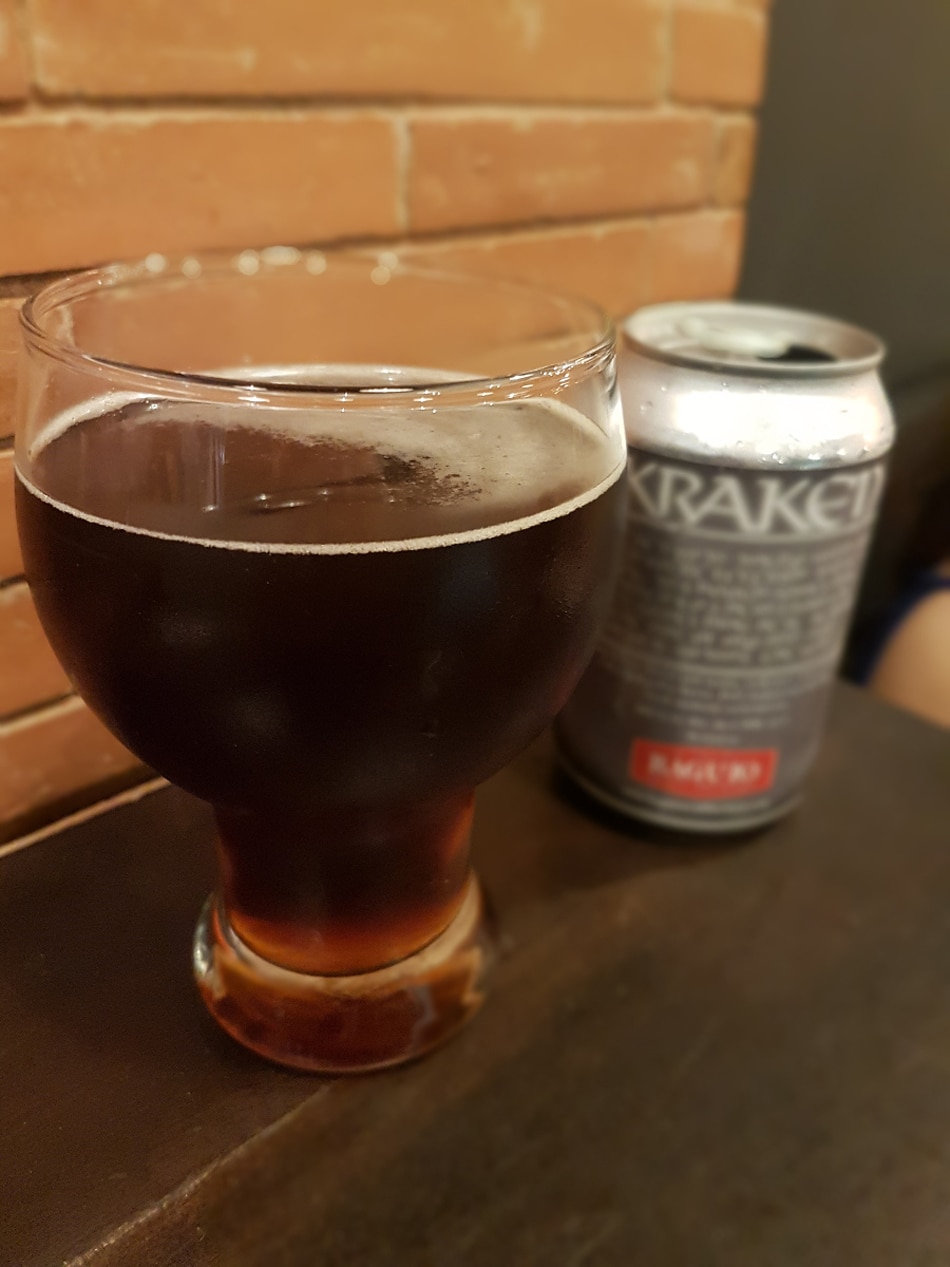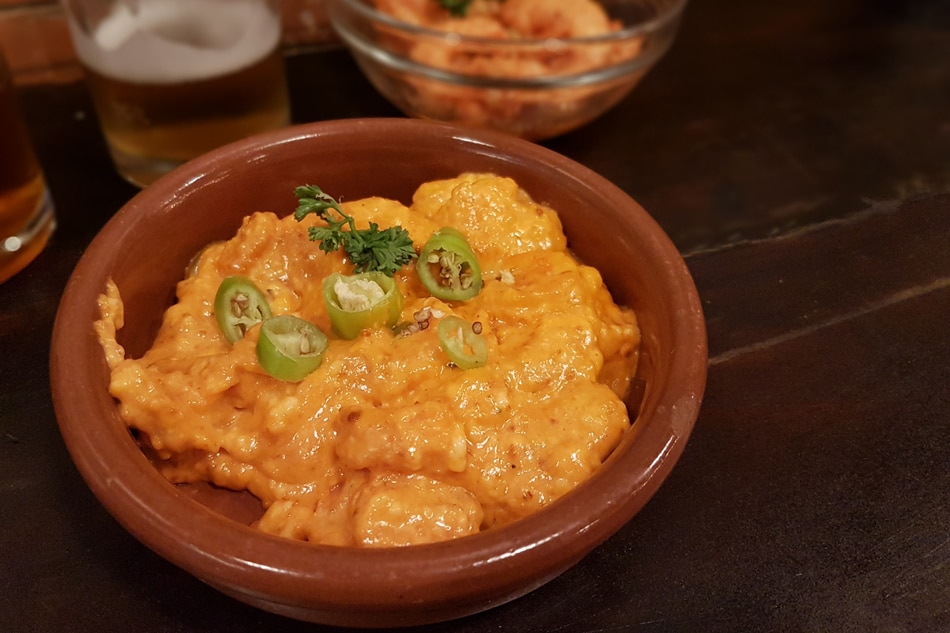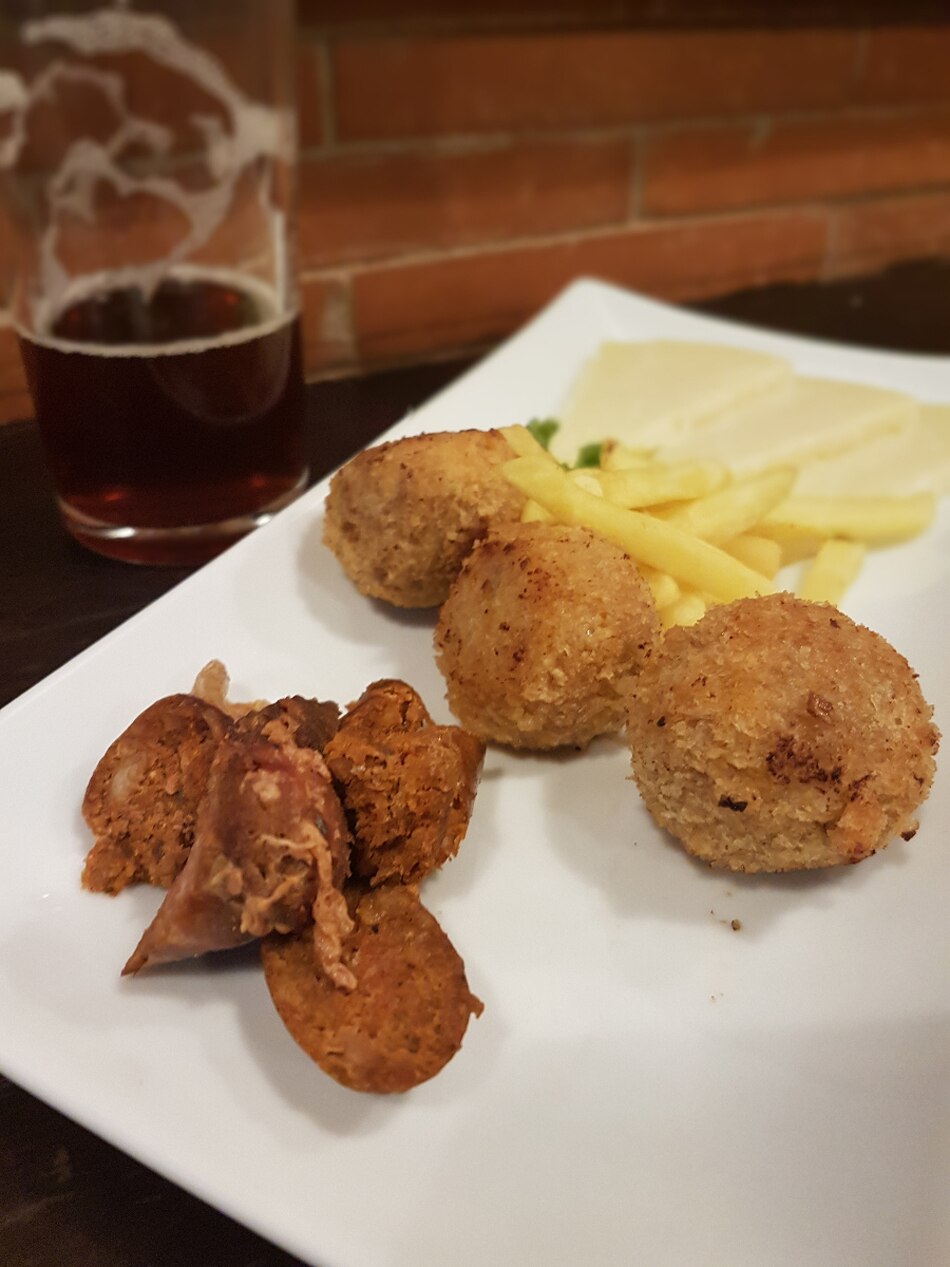By: Stephanie Zubiri-Crespi - Philippine Star
Two worlds so far apart … a land rich in history, royalty, castles, emperors, deep and dark evergreen forests, winter wonderlands and snowy mountains, peaceful harmony in austerity and discretion in a recently reunited land; the other a young republic, tropical and lush jungles, bright sun and torrential rains, happiness in chaos, a flamboyant population in raging Asian capitalist development.
Their children have flaxen blond hair and eyes as blue as the sky. Our children have shiny raven hair and friendly, almond-shaped onyx eyes.
Germany and the Philippines, two worlds so far apart and yet we have so many things in common that many here on our warm, palm tree-lined shores have yet to discover.
1. Friendliness. I have to say that Filipinos pride themselves on being hospitable and open-hearted. We welcome guests from far-off lands and are happy to help people in need. Far from the post-World War II Golden Age of Hollywood films that portray Germans on the big screen as cold, calculating and evil Nazi soldiers, Germans are extremely friendly, kind and warm people. I’ll never forget when I left my allergy medicines back home and was trying to purchase some in a pharmacy: the lady was truly concerned, tried to find different non-prescription, homeopathic options, and when she heard me whispering in French she immediately tried to practice hers. It’s a common trait that I’ve found, whether in the countryside in a tiny organic vegetable shop or in a Berlin café, people are kind, gentile and considerate. They love to learn about where you’re from and what it’s like and are very willing to muster up English, French, Spanish or even some Tagalog words to make you feel at ease.
2. Beer. We Pinoys love our beer, ice-cold, below-zero — it’s the perfect tropical refreshment. We order by the bucket, barkada nights with friends, a nice brewski after work, buy one take one during happy hour. The Germans, however, boy, do they take their love affair with beer to another level. And I mean, it’s serious. Go to any beverage shop and it’s like you died and went to beer heaven. A whole Miss Universe pageant of glorious beer: blonds, amber, honey tones and ebony … from the palest pilsen to the richest stout, there are over 1,300 breweries in Germany that produce around 5,000 different kinds of beer. The German Beer Purity Law was introduced in 1516 and is the oldest and strictest food law in the world! The Oktoberfest (which actually occurs at the end of September) is a grandiose testament to their love of the malty bubbly. Beer is considered a beverage and not really alcohol; they even have non-alcoholic beer. The variety is so mind-boggling that the new trend is to create a getränkemarkt or beverage supermarket alongside the actual supermarket just to house the beverage section. Yes, a whole building 70-percent-filled with beer of all sorts. Some other soft drinks? Vitamalz, a malty soda that tastes not unpleasantly like liquid pumpernickel and beer. So the beer buds (taste buds) get trained and nurtured.
3. Boy, do we love our parties and barrio fiestas! Every year there’s some sort of celebration and parade where people come together to feast, dance and sing. Little German towns in far-flung areas of the countryside nestled in gorgeous wheat fields and fawn-laden forests have their own dorffest, a local band place where they come together on the town square singing and rejoicing. Translated it literally means town festival or barrio fiesta! And guess what? They have their own lechon.
4. Germany has fattiest, happiest, tastiest pigs I’ve ever seen or eaten. Oh, yes. For big celebrations they roast one whole, just like our very own lechon. Crispy-skinned and juicy spannferkel is enjoyed by everyone. It’s no wonder that German expats feel rather at home in the Philippines. They probably nix the Mang Tomas sauce and would willingly trade garlic rice for potatoes, but their love for pork is almost as strong as their love for beer.
5. Speaking of pork, the sausage connection. It’s always been a mystery to me why Filipinos love sausages so much. Back in high school, before the grand era of readily available, locally made gourmet sausages, friends would sneak into the country hand-carried kielbasa sausages. I was like any other Filipino child nourished in kiddy parties with bright neon-red hotdogs on a stick with multicolored mini-marshmallows. Thank heavens for globalization and the discovery of what a real sausage is all about. Grilled on charcoal, a variety of wursten, or sausages, start pale and turn golden and start to crack open, letting flavorful juices out. Served with some bread or potatoes or pommes (French fries) they’re absolutely delicious, the right texture and saltiness with an intoxicating smoky flavor. If our hotdog aisle looks long and ample, one trip to a German supermarket and you’ll realize the absolute pure glorification of the pig in all examples.
6. We both love live bands and cheesy local music. There’s a real local pop culture for drinking songs and festive music. The German music scene, hardly ever exported except in my language class, where I had to survive two weeks of dissecting and memorizing the melancholic and unfortunately catchy Die Griescher Wein, is thriving. Our local OPM bands are no different. I kid you not. I was in Cagayan de Oro not too long ago on an exciting Friday evening in what they call “Divisoria” and I had a flashback of a biergarten in some plaza in Hamburg. Live band music? Check. Barbecues and grilled sausages? Check. Overflowing beer? Check. For the general public in Germany, having a good time is all about hanging out with friends over a beer, some pulutan and great music.
7. Family. Germans and Filipinos are very family-oriented. There are lots of parks and activities created for the family to enjoy. Kids have a big role in society and in all the numerous restaurants and cafes, you’ll see families eating together. Unlike some other European countries and famous capitals where children are hardly ever seen in restaurants, cute little golden-haired kiddos eat like the big guys, sit happily at the table and join in conversations.
8. They can’t live without potatoes like we can’t live without rice. I didn’t realize how drastic it was until a German friend of my brother’s was in town. He came over to my house for raclette and potatoes and exclaimed: “Finally! Potatoes! All I’ve been eating is rice!”
9. Christmas. Just set foot in a mall on Sept. 1 in Manila, you’ll hear a Jingle Bells or two. Filipino Christmas is Christmas on steroids. It’s an insane moment of happiness and frenzied togetherness. Christmas in Germany is like the fairytale we try to recreate with our store-bought snow and mistletoe. The traditions, Christmas carols, the weinachsmarkt or Christmas markets are just splendid. I spent Christmas there last year going around saying, “Ooh, those are real icicles! Ah, that holly is real! And there’s honest-to-goodness real frost on it! Snowflakes really do look like snowflakes!” While they don’t play Christmas carols in September, like we do, their love for the holiday is just as deep.
10. Germans have a sweet tooth. Sound familiar? The number of eiscafes or ice cream parlors in astonishing. I can’t even fathom finishing one-eighth of the towering, mountainous gelato confections they serve. The only places I’ve seen lines just as long for ice cream is the Philippines. Donuts, apfelstrudel, tarts and pastries of all kinds… Your Dunkin Donuts/Mr. Donut Bavarian cream? Well, honey, Bavaria is southern Germany. Every merienda moment is sweet kiss from Deutschland.
Although my German is minimal, I did notice that after a few “Prosts, Mabuhays,” and several glass-clicking moments, more and more words and phrases get unlocked. It doesn’t take much to feel at home in Germany: I’ve got my beer, my sausages, my cheesy music and warm, friendly faces: I raise my glass and churn out the most sophisticated phrase I know in German: Auf das was wir lieben! To the things we love! Then we chug the beer, hope for the best and the hung-over morning after, the pharmacy guy will be extra nice.
.webp)








